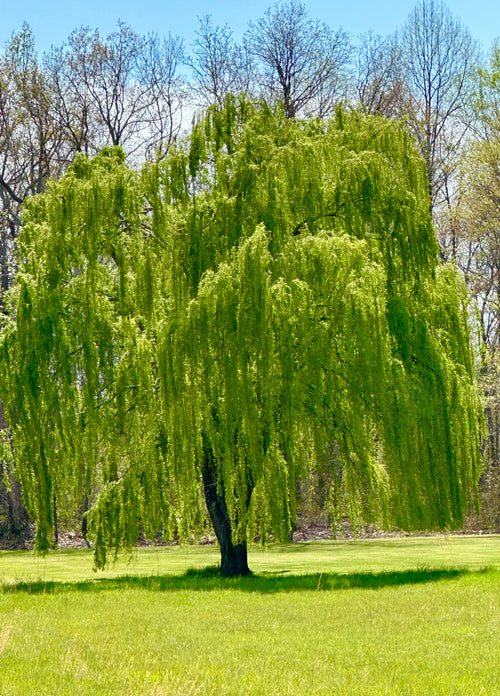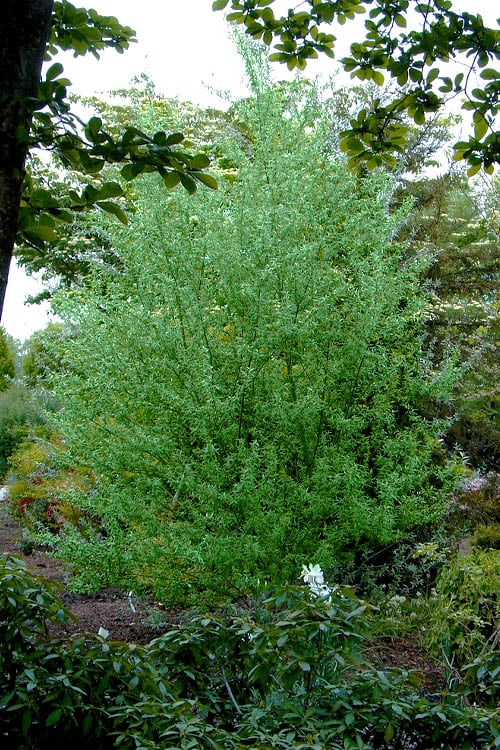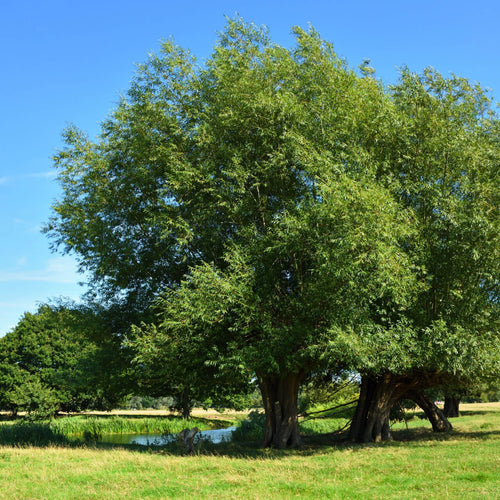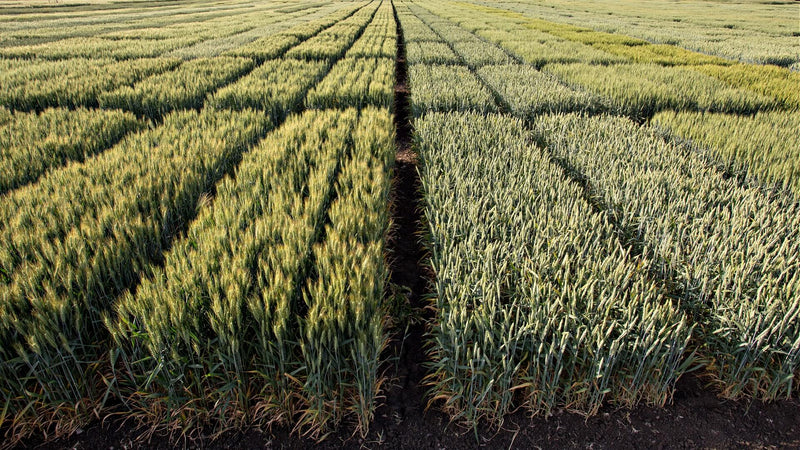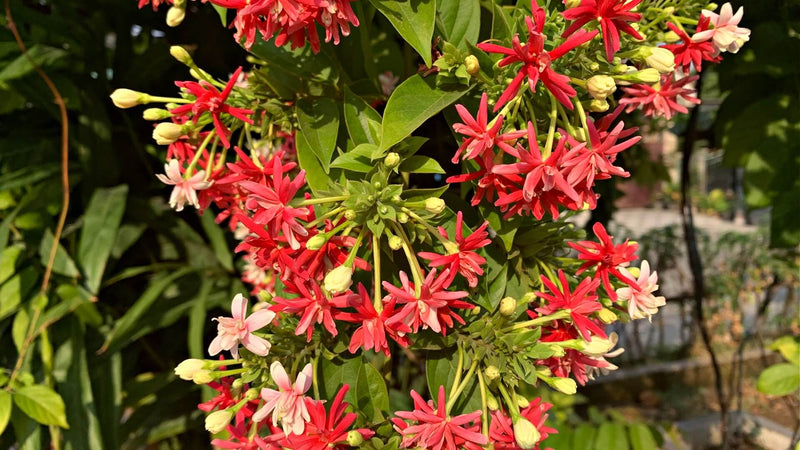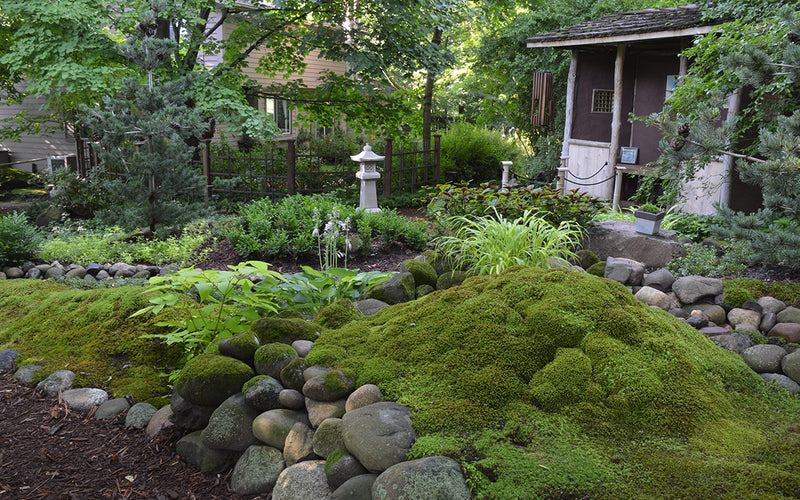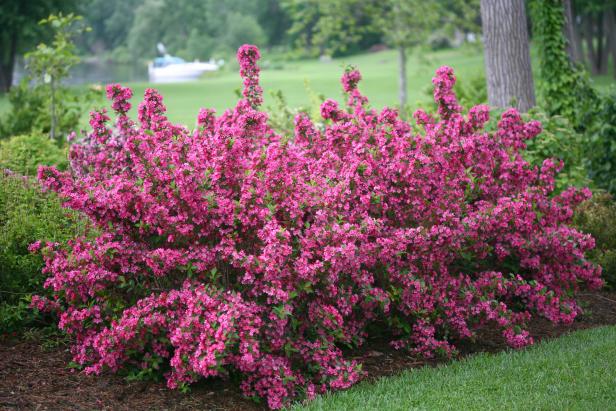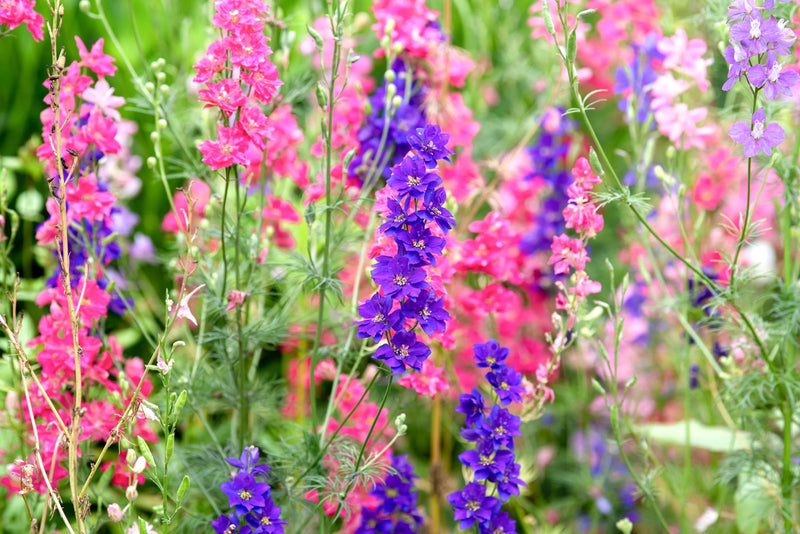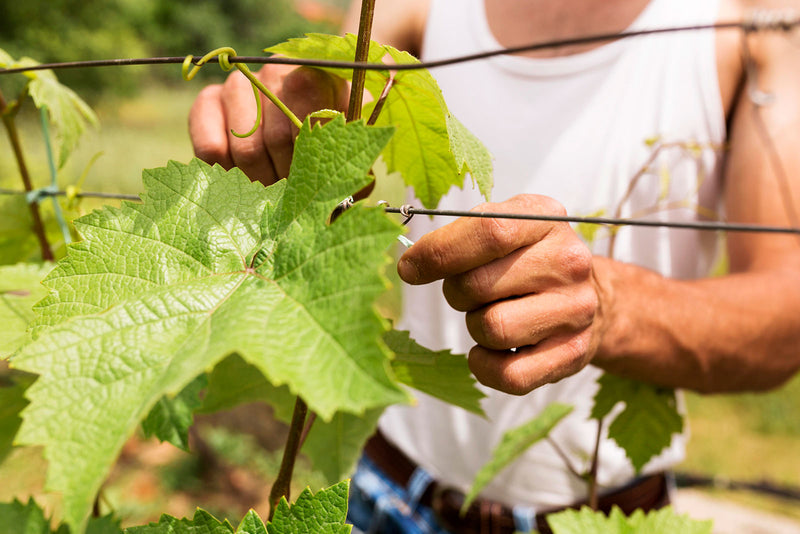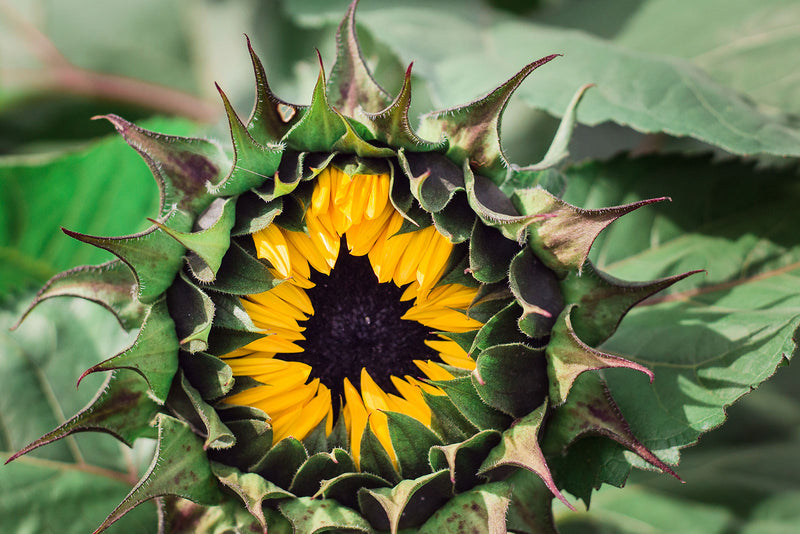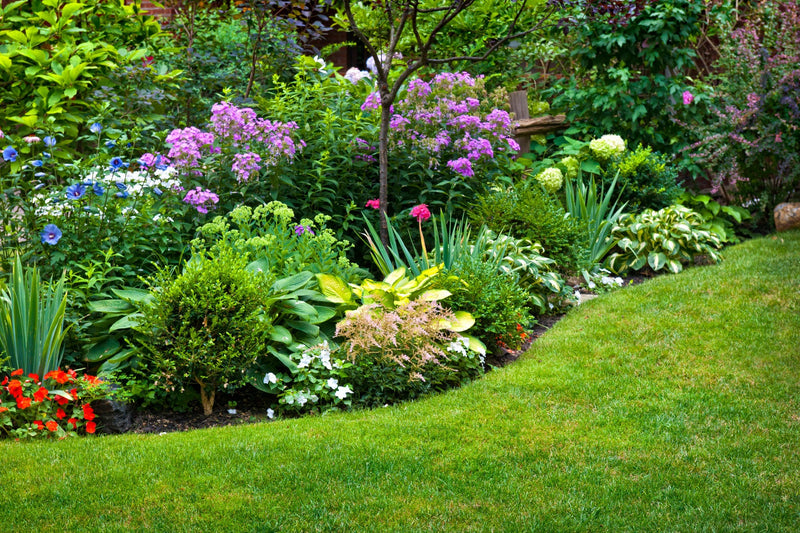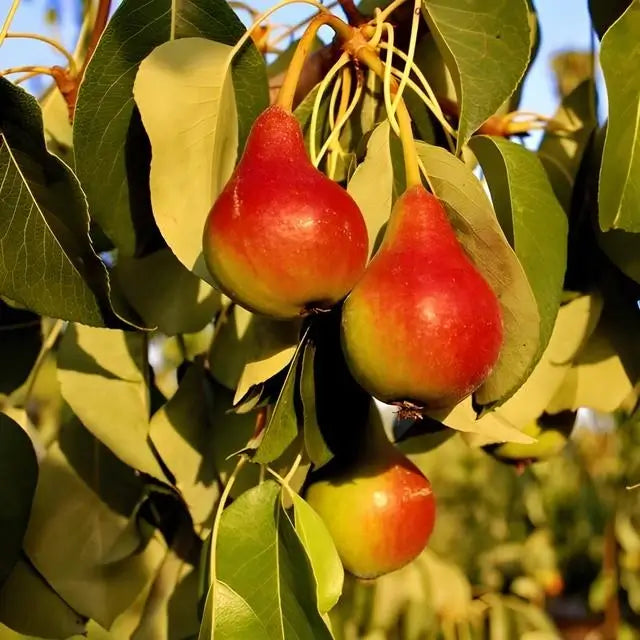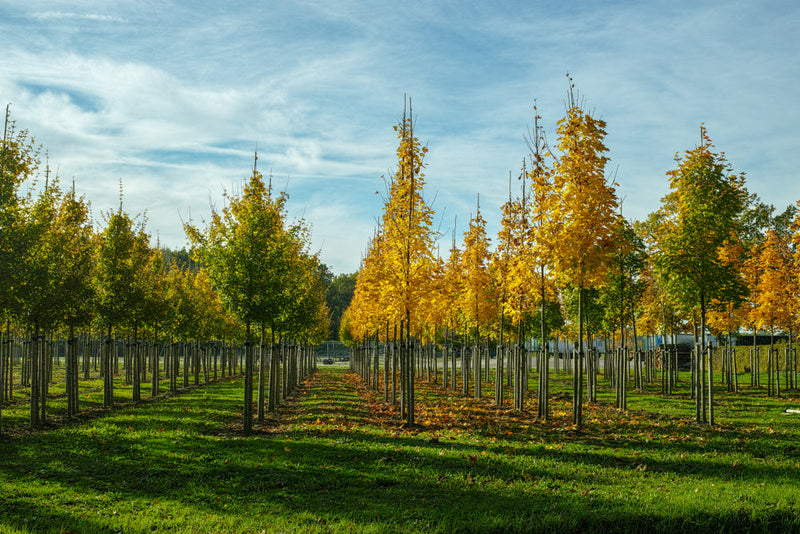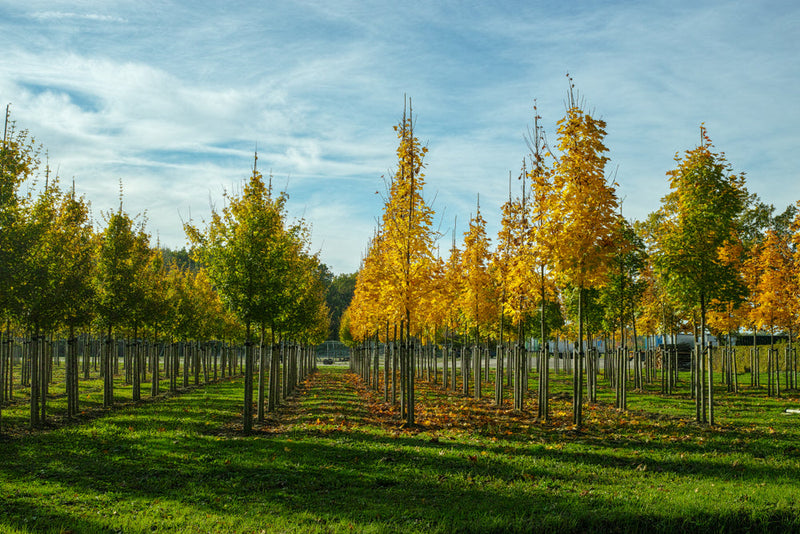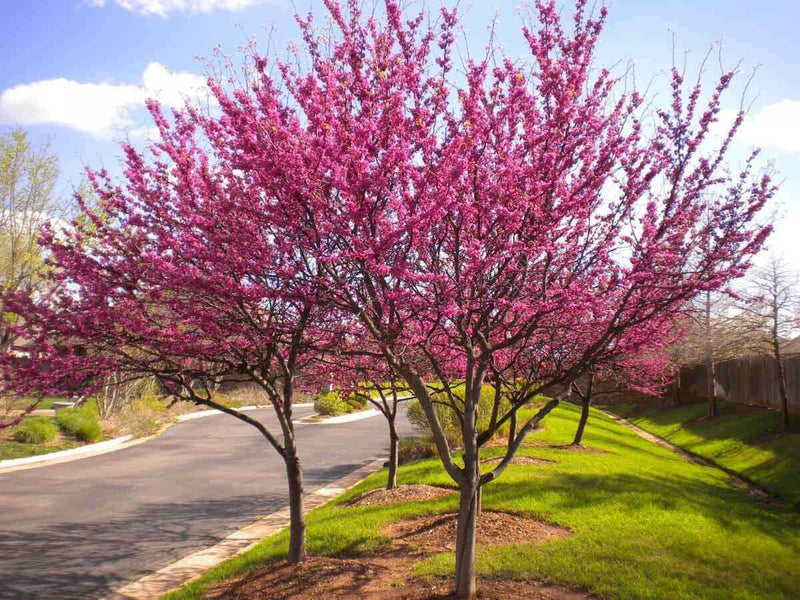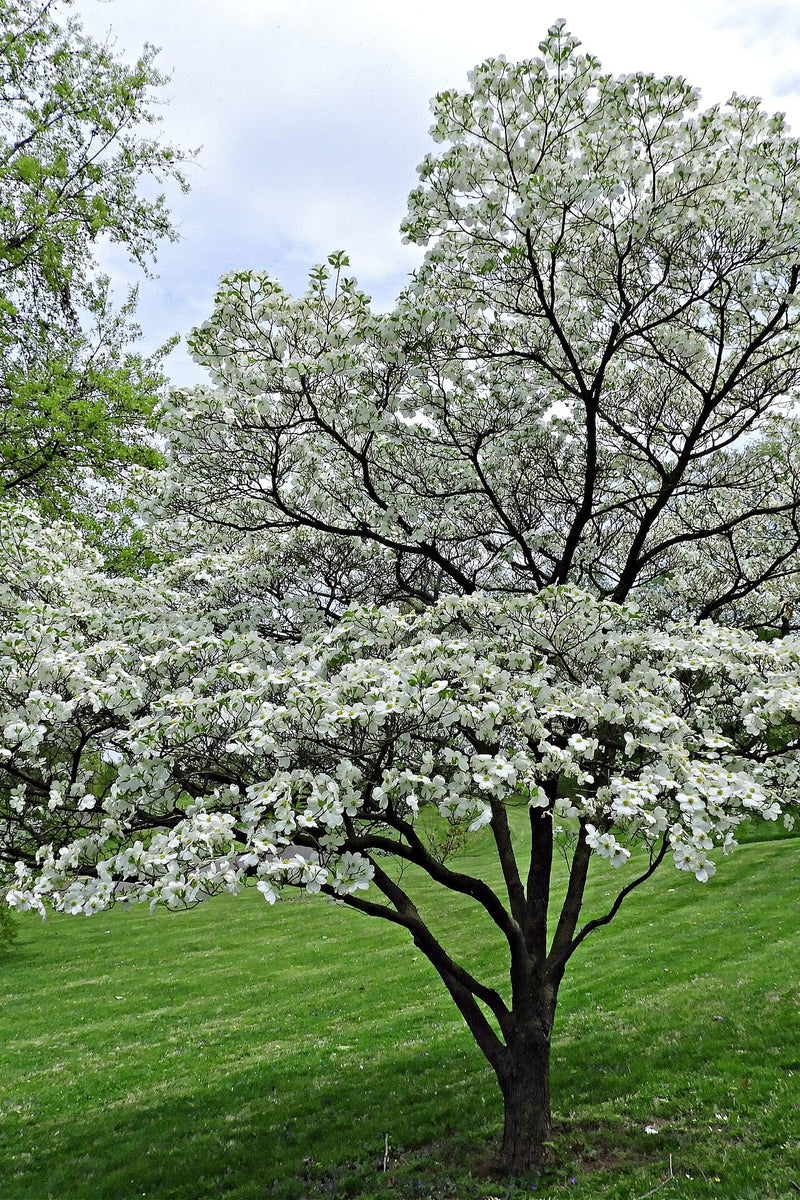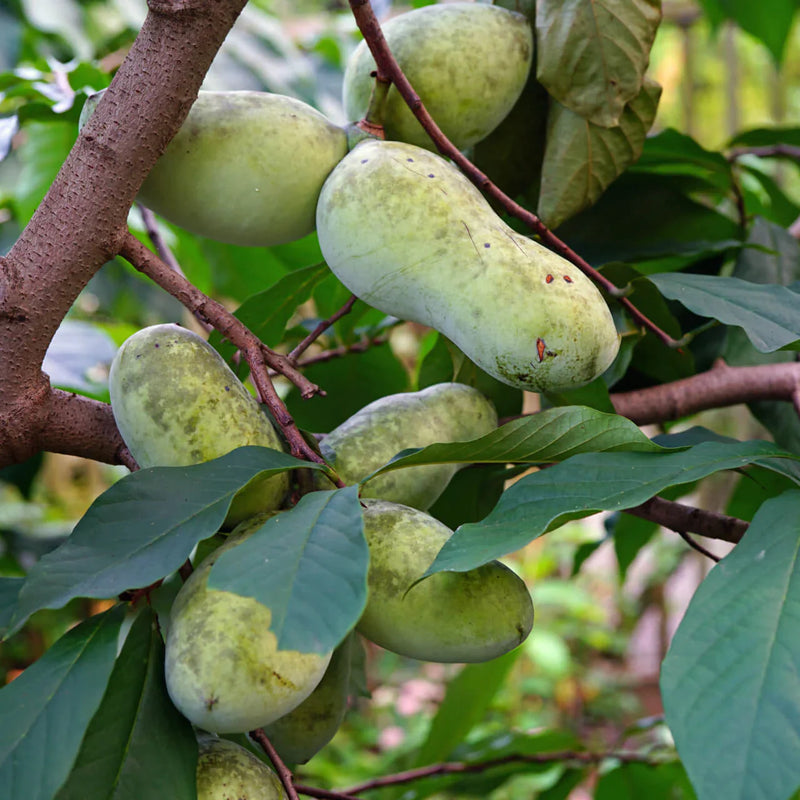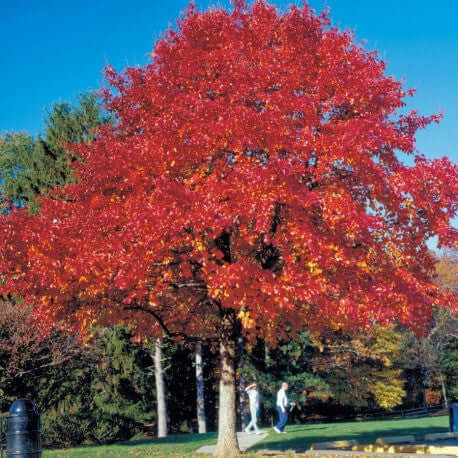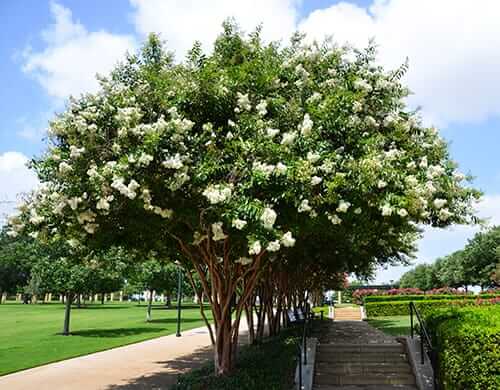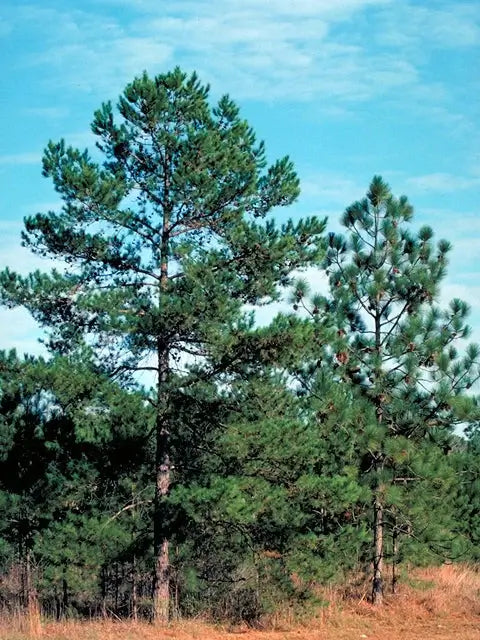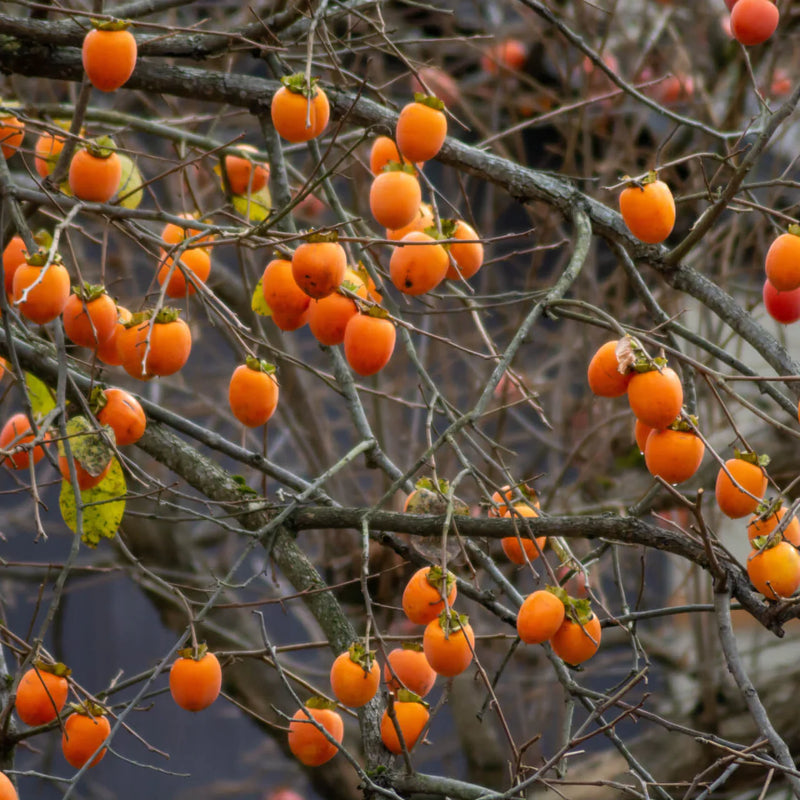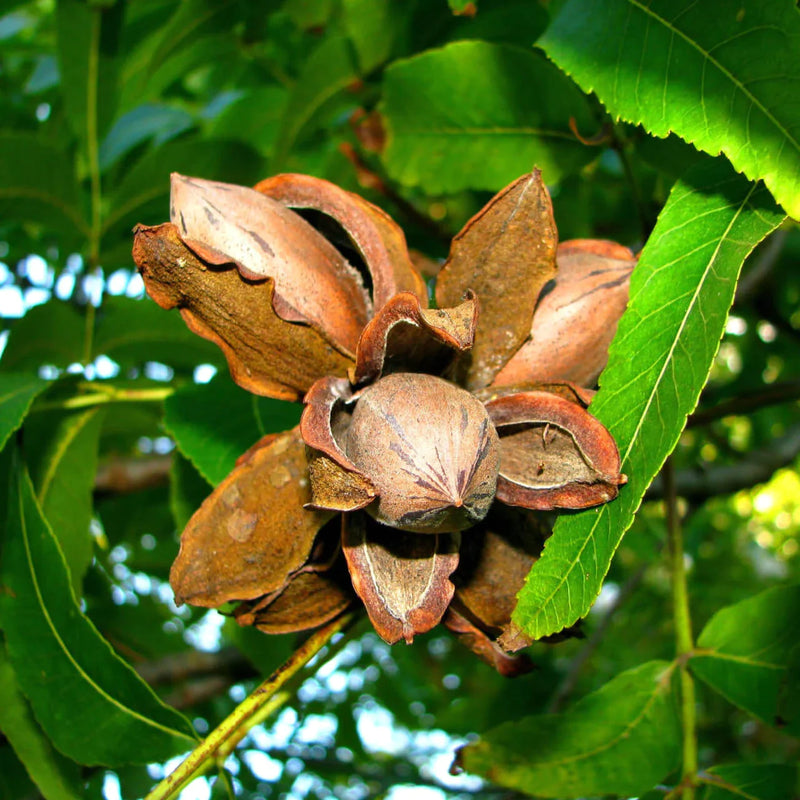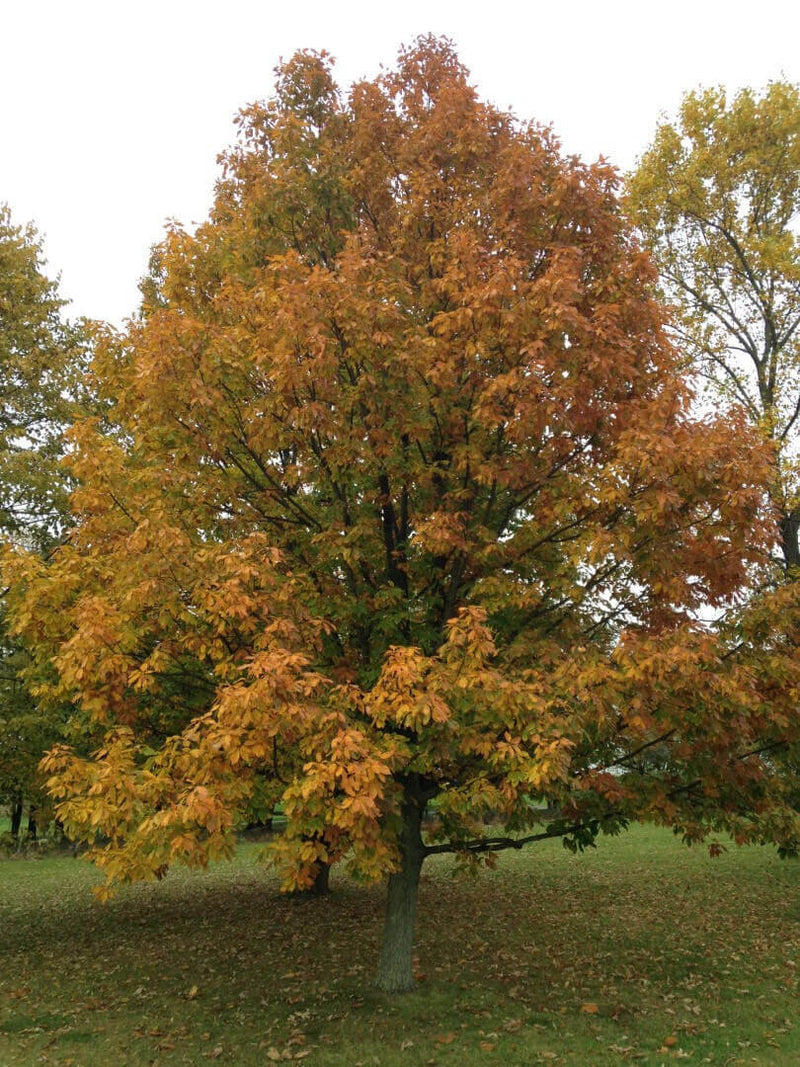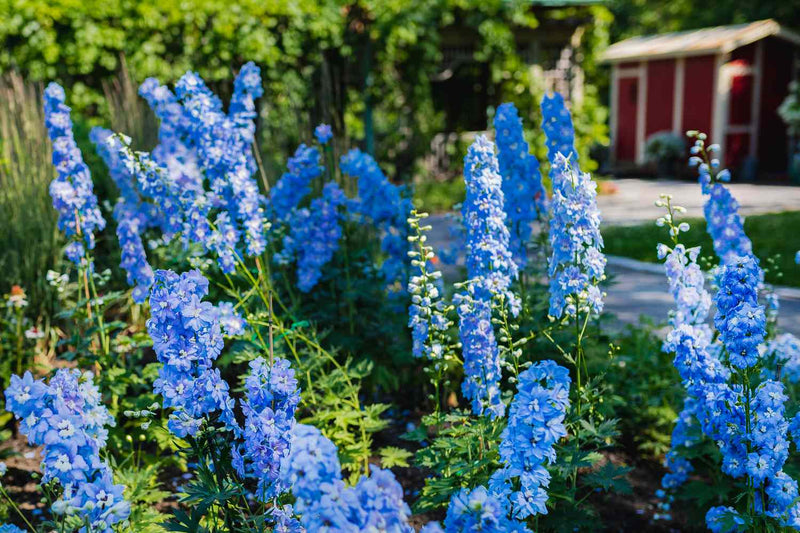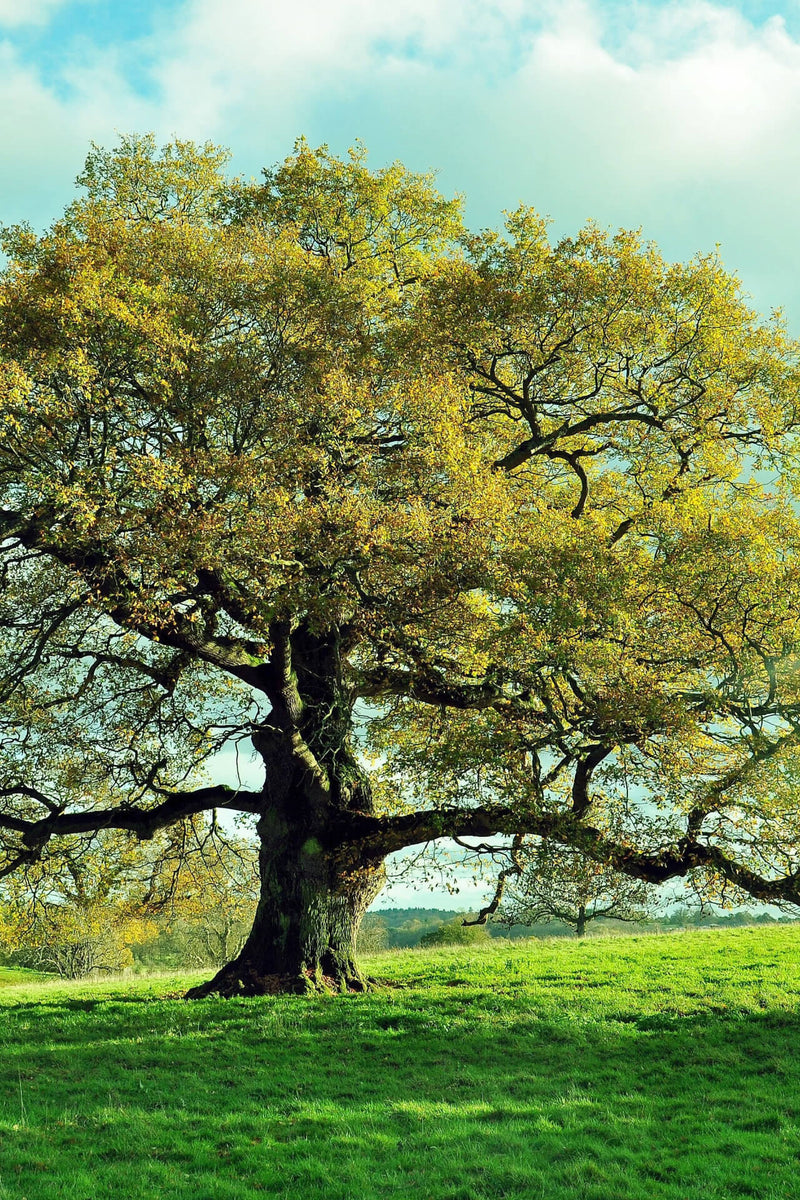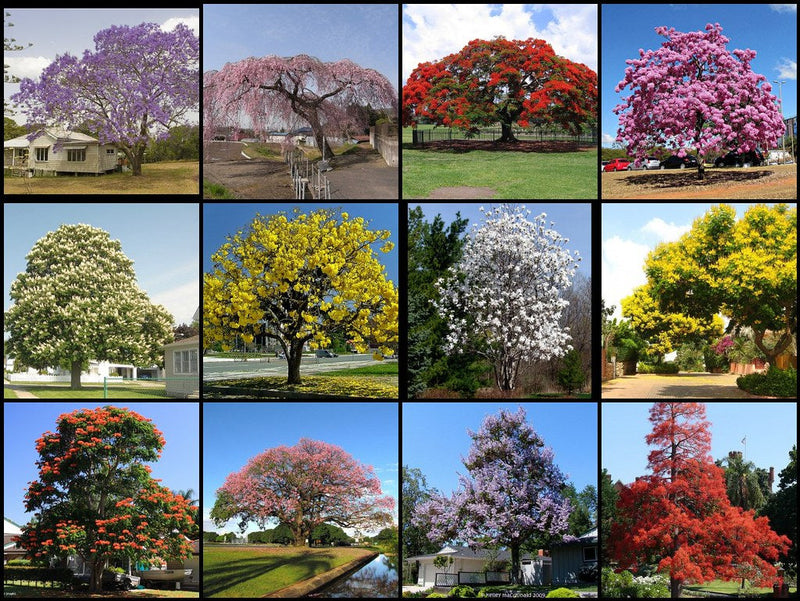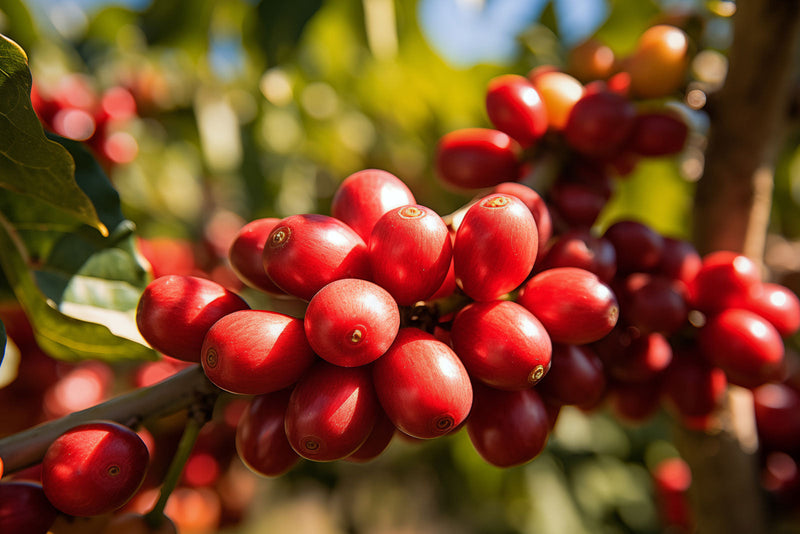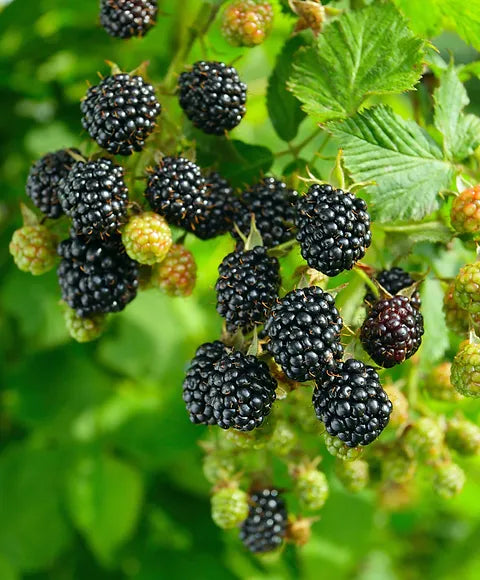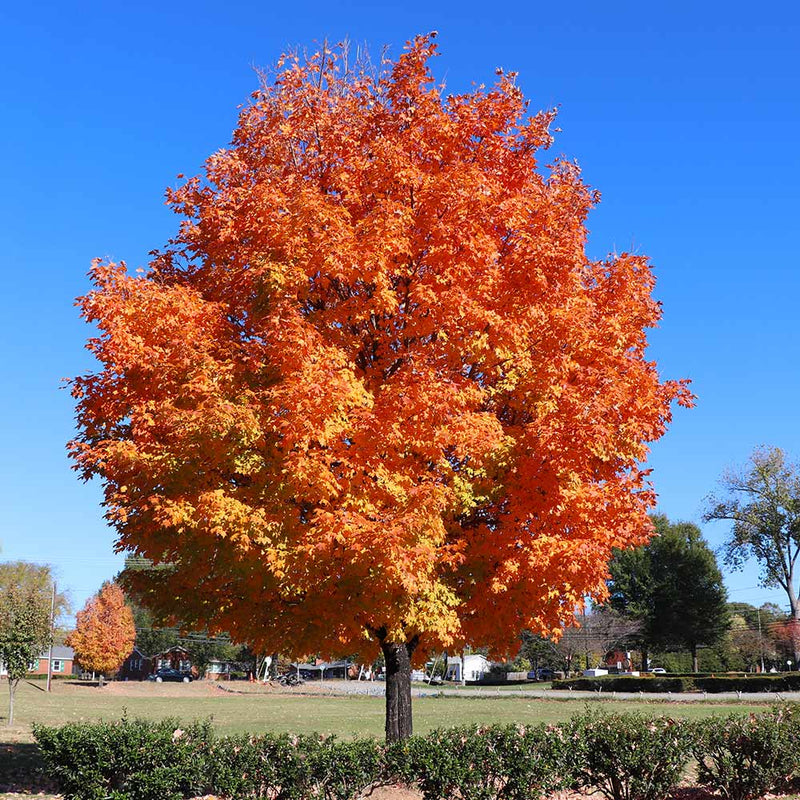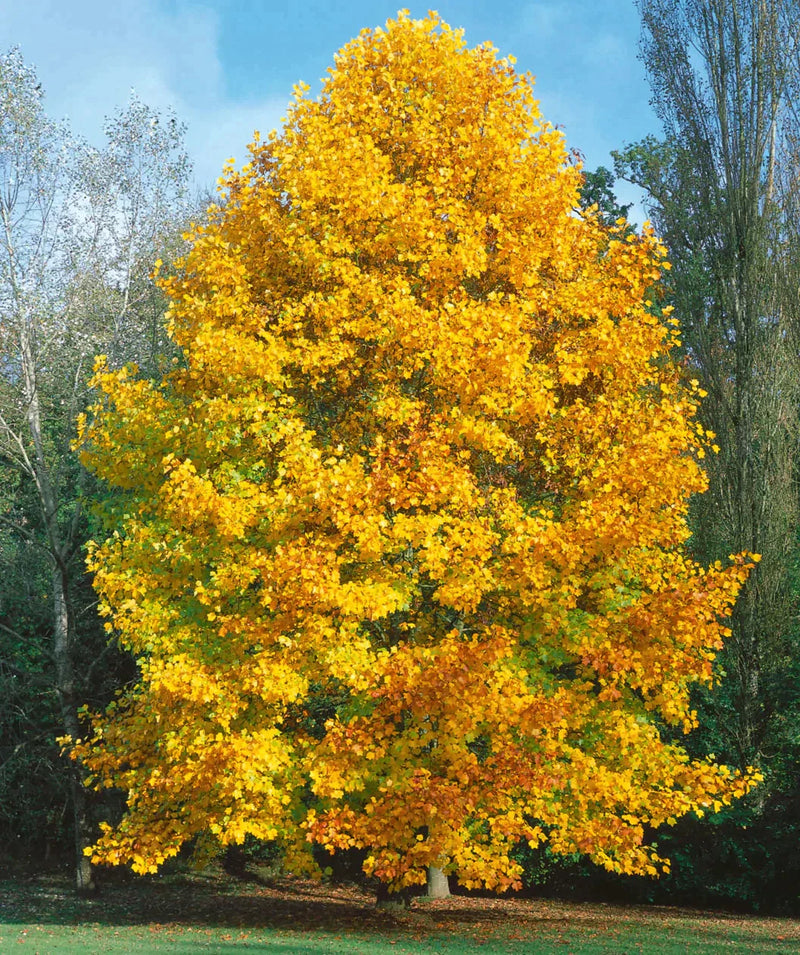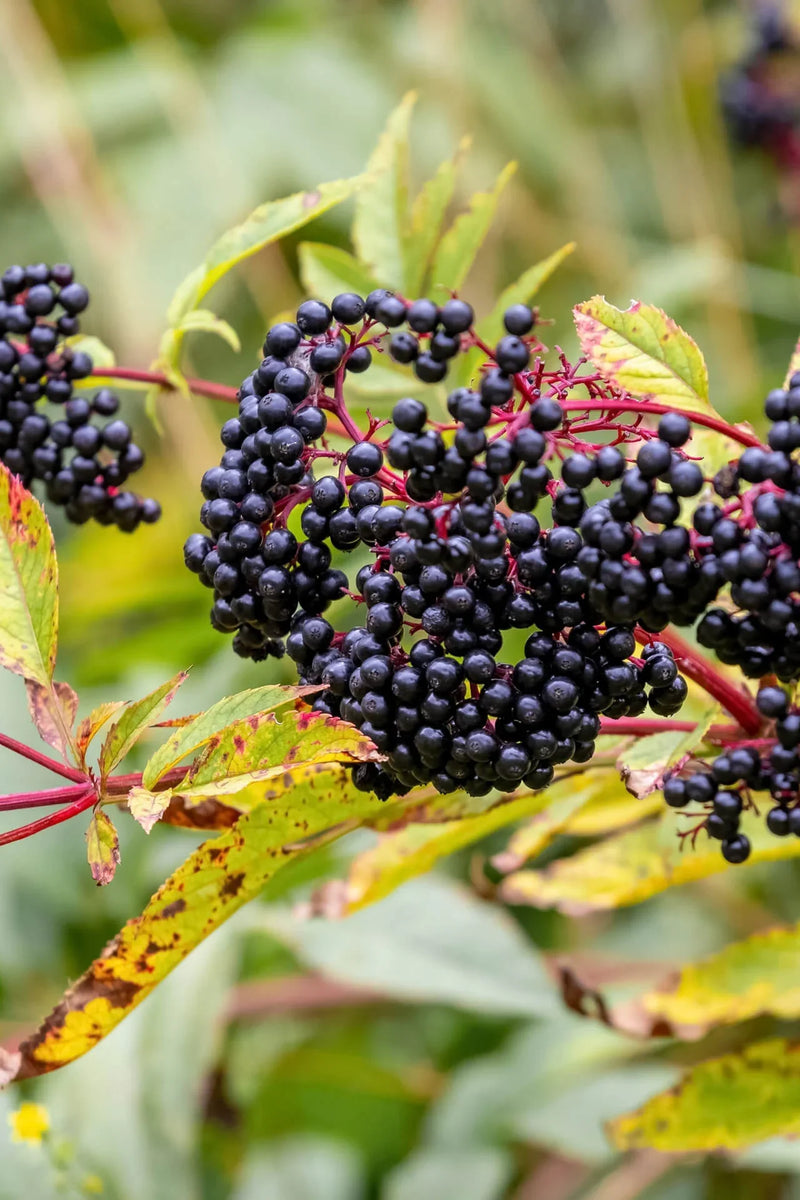Discover Gorgeous Willow Tree
Willow trees grows near wetlands, areas with standing water or where water runs off such as areas of slopes. "Willow trees are highly sought after", states Tammy Sons of TN Nursery:
The most favored types of willow trees are:
Dreaming of incorporating graceful, vibrant willow trees in your landscape but don’t know where to find a reputable “willow tree nursery”? As Middle Tennessee’s premier ornamental tree nursery for over 30 years, TN Nursery offers the region’s widest selection of willow varieties guaranteed to bring stunning form, flowing movement, and golden fall color to yards across planting Zones 6 and 7. Read on for an inside look at our diverse willow tree offerings!
Wide Range of Willow Tree Varieties
From towering full-sized shade specimens to petite container varieties, our willow tree nursery contains the Midstate’s largest willow selection, including:
Weeping Willow
The iconic landscape choice features towering canopies with long, pendulous branching that sways gracefully in the breeze. We offer hardy varieties like Salix babylonica, Salix x sepulchral ‘Chrysocoma,’ and more.
Golden Willow
Featuring vibrant yellow stems that practically glow, especially striking against winter snows. Popular golden varieties include Salix alba ‘Vitellina’ and ‘Golden Curls.’
Dwarf Willow
Perfect petite accents for containers or smaller gardens, our dwarf willows top out under 8 feet but pack graceful form into a compact package. Choose from options like dwarf Alberta willow and dwarf Arctic willow.
No matter your preferred growing zone or landscape vision, TN Nursery has vibrant, nursery-quality willow trees to bring stunning feminine energy and fluid movement to your property!
Willow Tree Nursery - Optimized for Many Conditions
All of the willow trees you find thriving across our 100-acre nursery are grown right here to excel in Tennessee soils and climate. Through decades of experience focused exclusively on willows and other ornamental trees, our horticulture experts possess a deep understanding of regional humidity patterns, soil variability across the Midstate, seasonal shifts, and more – plus how these intricate environmental factors influence willow tree growth, vigor, and resilience.
We leverage this insider Tennessee perspective to select and propagate exceptional willow trees genetically equipped with the hardiness and adaptability to flourish for decades despite heat waves, cold snaps, and the increasing moisture extremes occurring across Tennessee planting zones. Expect healthier, more robust willow trees requiring less intensive care compared to imported nursery stock!
Ethical Willow Tree Nursery Care Practices
At TN Nursery, growing vibrant, resilient willow trees motivates everything we do. Expect precision care regimens designed specifically to encourage:
- Strong structural root development for wind firmness and lightning-fast establishment
- Proper canopy branch arrangement optimized for graceful form and movement
- Abundant seasonal foliage with brilliant golden fall color
- Rapid growth to quickly achieve desired stature and presence
- Enhanced disease/pest resistance for low-maintenance thriving
Our decades-perfecting willow tree propagation and care techniques culminate in specimens ready to transform your landscape into a flowing, vibrant botanical oasis that keeps visitors mesmerized!
Connect with TN Nursery’s Willow Tree Nursery Experts
Ready to explore exceptional willow trees for your garden designed by regional experts to thrive beautifully across Tennessee seasons? Contact our team today to discuss transforming your landscape with vibrant, nursery-quality willows specially grown for Tennessee planting success!

